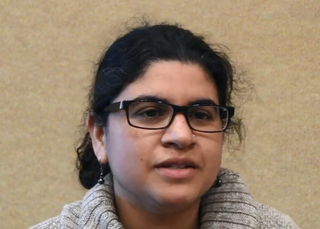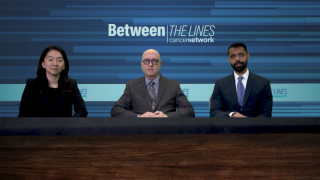
Gastric Cancer
Latest News
Latest Videos

CME Content
More News

Data from the phase 3 KEYNOTE-811 trial supported the FDA approval of this pembrolizumab combination in locally advanced unresectable or metastatic, PD-L1–positive, HER2-positive gastric or GEJ adenocarcinoma.

Advances in perioperative targeted therapies may enable organ preservation and significantly enhance outcomes for patients with gastric cancers.
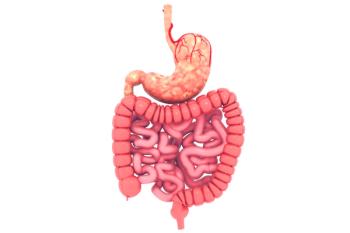
Phase 3 data support ramucirumab/paclitaxel switch maintenance as a post-induction therapy for patients who are not eligible for immunotherapy.

Data from the MATTERHORN trial show a trend towards improved overall survival with the durvalumab combination in gastric and GEJ cancers.
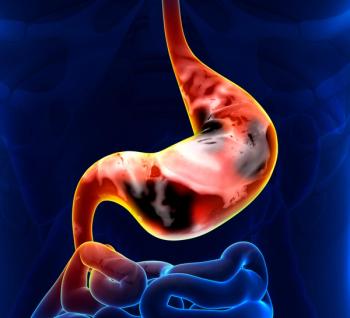
The safety profile of trastuzumab deruxtecan in the phase 3 DESTINY-Gastric04 trial was consistent with the established safety profile of the agent.
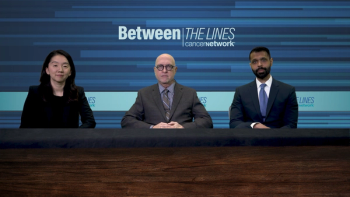
Panelists discuss how future analyses in advanced gastric cancer should assess long-term survival, real-world outcomes, biomarkers for response, resistance mechanisms, and patient selection for nivolumab plus chemotherapy. Evaluating these factors will optimize treatment strategies and confirm its role across diverse populations.

Panelists discuss how the 5-year survival data for nivolumab plus chemotherapy underscore its sustained efficacy as a first-line treatment, showing durable benefits over alternatives. Further research, including real-world evidence and broader clinical trials, is needed to validate its long-term impact across diverse patient populations and cancer subtypes.

Panelists discuss how balancing treatment intensity with quality of life remains a critical challenge in advanced gastric cancers (GCs) and how implementing biomarker-driven approaches such as PD-L1 combined positive score (CPS) testing faces practical hurdles in clinical settings. Key considerations include optimizing patient outcomes while managing adverse effects and addressing barriers such as testing accessibility, result turnaround time, and standardization of biomarker interpretation.

Pembrolizumab plus lenvatinib showed a safety profile consistent with previous reports evaluating the combination.

John Marshall, MD, discussed zolbetuximab, which the FDA recently approved for patients with CLDN18.2–positive locally advanced unresectable or metastatic HER2-negative gastric or GEJ adenocarcinoma.

Zolbetuximab’s targeted action, combined with manageable adverse effects, positions it as a promising therapy for advanced gastric cancer.

Data from the phase 3 SPOTLIGHT trial and the phase 3 GLOW trial supported the approval of zolbetuximab plus chemotherapy in this indication.

Data from the GLOW and SPOTLIGHT trials support the European Commission’s approval of zolbetuximab for patients with CLDN18.2-positive gastric cancer.

Second-line fruquintinib plus paclitaxel did not sustain sufficient efficacy for patients with advanced gastric or GEJ adenocarcinoma to support approval in China.

The addition of neoadjuvant S-1 also reduced the risk of death compared with adjuvant therapy alone in the phase 3 PRODIGY trial.

Enrollment will soon begin for the dose-expansion portion of the ongoing phase 1 trial assessing EO-3021 in CLDN18.2-positive tumors.

Combining evorpacept with trastuzumab, ramucirumab, and paclitaxel appeared to be well tolerated among patients enrolled on the phase 2 ASPEN-06 trial.

Frontline zolbetuximab plus chemotherapy is one step closer to approval by the European Commission for select patients with advanced gastric/GEJ cancer.

The FDA has set a new Prescription Drug User Fee Act date of November 9, 2024, for zolbetuximab in this gastric cancer population.

Higher response rates with T-DXd occurred in patients with gastric cancer and plasma HER2 amplification in circulating tumor DNA in the DESTINY-Gatric01 trial.
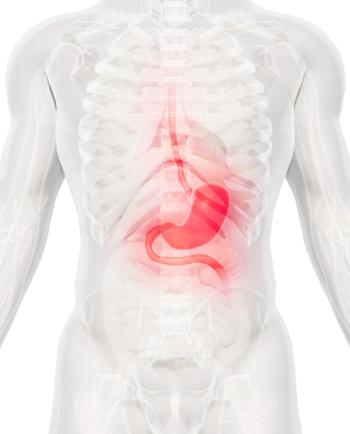
The primary end point of overall survival was met in the KEYNOTE-811 trial assessing pembrolizumab in HER2-positive gastrointestinal cancer.
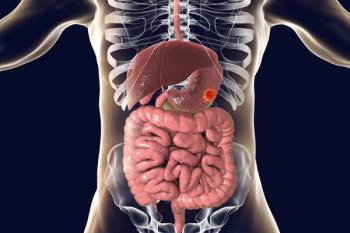
Using FOLFIRI as a doublet with durvalumab or a triplet with durvalumab and tremelimumab yielded positive safety in gastric/GEJ cancers.

Findings from the phase 3 CheckMate 649 trial support nivolumab plus chemotherapy as a standard frontline therapy for patients with gastric, gastroesophageal junction, and esophageal adenocarcinoma.

Data from the phase 3 RATIONALE 305 trial support the biologics license application for tislelizumab plus chemotherapy in advanced unresectable or metastatic gastric or gastroesophageal junction adenocarcinoma.
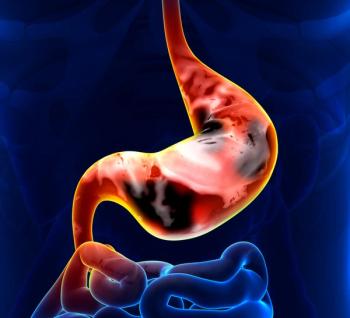
Over half of the patients with HER2-negative gastric or gastroesophageal junction adenocarcinoma achieve a major pathological complete response following treatment with sintilimab plus FLOT in a phase 2 trial.








